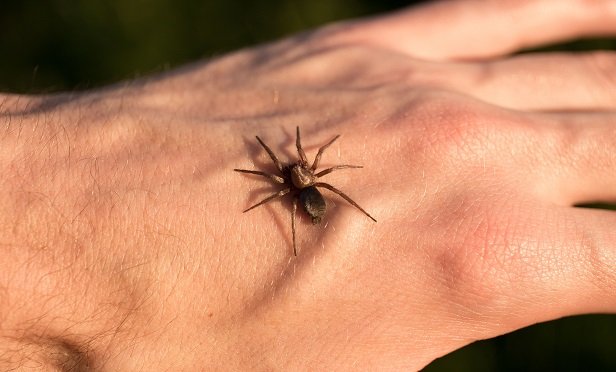 The deputy commissioner found that Housden failed to prove that her injury arose from her employment, and denied her workers' compensation benefits. On review, a majority of the full Commission reversed that finding. (Credit: Goncharov_Artem/Shutterstock)
The deputy commissioner found that Housden failed to prove that her injury arose from her employment, and denied her workers' compensation benefits. On review, a majority of the full Commission reversed that finding. (Credit: Goncharov_Artem/Shutterstock)
Last week, the Court of Appeals of Virginia decided whether a claimant was entitled to workers' compensation benefits for injuries resulting from a spider bite that occurred while she was working.
Recommended For You
Want to continue reading?
Become a Free PropertyCasualty360 Digital Reader
Your access to unlimited PropertyCasualty360 content isn’t changing.
Once you are an ALM digital member, you’ll receive:
- Breaking insurance news and analysis, on-site and via our newsletters and custom alerts
- Weekly Insurance Speak podcast featuring exclusive interviews with industry leaders
- Educational webcasts, white papers, and ebooks from industry thought leaders
- Critical converage of the employee benefits and financial advisory markets on our other ALM sites, BenefitsPRO and ThinkAdvisor
Already have an account? Sign In Now
© Touchpoint Markets, All Rights Reserved. Request academic re-use from www.copyright.com. All other uses, submit a request to [email protected]. For more inforrmation visit Asset & Logo Licensing.







